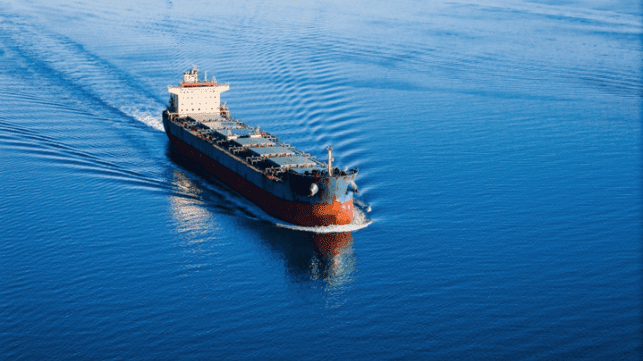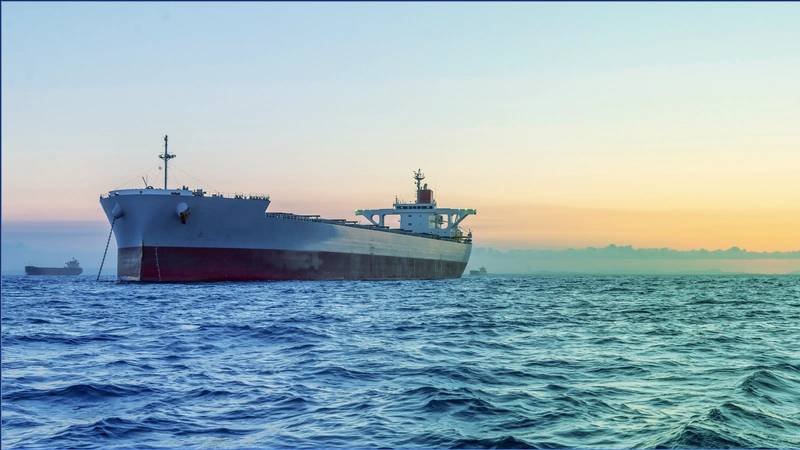The International Maritime Organization’s Marine Environment Protection Committee (MEPC 83) has established a significant global carbon pricing framework, marking a new era in maritime compliance. This agreement introduces extensive data and reporting requirements that will challenge shipowners, operators, and crews. The need for detailed metrics, including fuel consumption and non-CO2 emissions, underscores the growing complexity of regulatory demands.
Key updates include enhanced rules for fuel consumption data, methane and nitrous oxide emissions, and ballast water management. Amendments to MARPOL Annex VI Regulation 27 will require vessels to submit more granular fuel data, becoming mandatory for new ships by August 2025 and existing ships by January 2026. The updated Ship Energy Efficiency Management Plan (SEEMP) Guidelines will clarify emissions data collection, improving reporting accuracy.
While these regulations aim to enhance safety and environmental performance, they also increase workloads for maritime workers. Many seafarers report heightened stress and fatigue due to the expanding documentation requirements. Digital solutions, such as NAPA Logbook, can streamline compliance by automating data entry and ensuring real-time reporting, reducing the burden on crews.
Ultimately, MEPC 83 signals a shift towards proactive data management in maritime operations. Companies that embrace digital tools will not only meet compliance demands but also enhance operational efficiency and competitiveness in a rapidly evolving regulatory landscape.
Share it now









